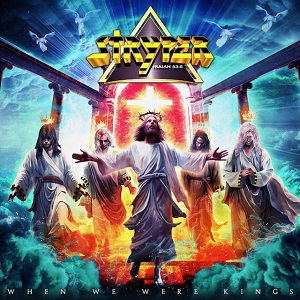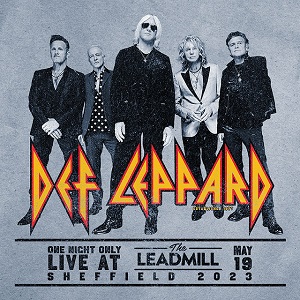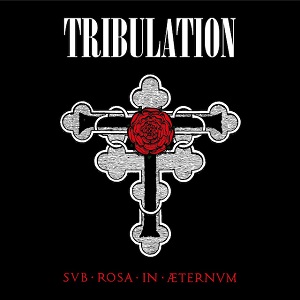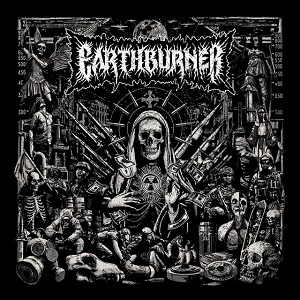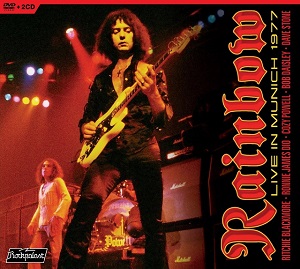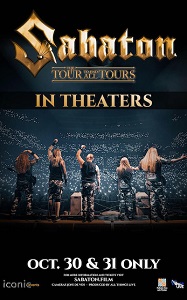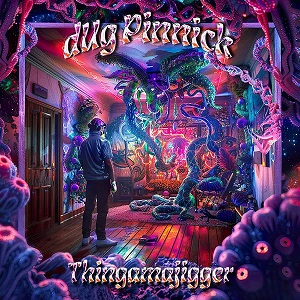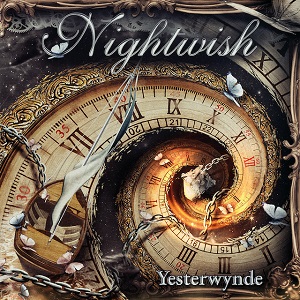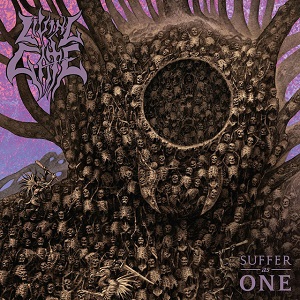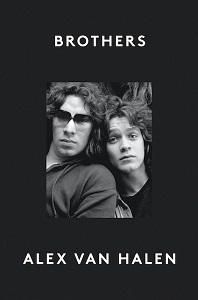Drummer Bill Ward On Current State Of BLACK SABBATH - "We’re Still A Band, We’re Still Bandmates And Still Friends"
February 9, 2010, 14 years ago
Josh Jones from Sup Magazine spoke with legendary BLACK SABBATH drummer Bill Ward about the early days of the band. Here are a few excerpts from the chat:
Sup Magazine: How do you feel about heavy metal generally and the fractioning of the band in the late ‘70s?
Ward: "I could understand why Oz was asked to leave, however it’s always been regrettable as far as I’m concerned. But I’m just one person in a four-person band. Behind the scenes and out of the public eye, there have been a lot of conversations and healing going on. There’s been time to make up–make amends and put your best foot forward. I was with Oz last week where he was picking up an award. That shows that we’re still a band, we’re still bandmates and still friends. I’ve tried to maintain friendships with all the guys. Just a couple of weeks ago I was chatting to Geezer and I haven’t spoken to Tony for a little while, but our conversations continue, we’re all still pretty open minded to each other. We’re all doing our own projects, but we’re not cut off from each other in any way. Also the reunion that we started about ten years ago went very, very well. We’ve toured the world since 1999 as the original band. It was absolutely great. I loved it. I’d always hoped that the band could remain together and if anyone wanted to make their own albums or just take a break for a couple of years then they could, but that didn’t really happen with Black Sabbath. Oz was asked to leave. And what he’s gone on to do is phenomenal. He’s huge in the US and across the world. He’s a huge recording artist as well as the TV show and a couple of movies. He’s done incredibly well. All of us have done really well. We’re all really involved in music still. In fact that’s why I’m a bit groggy today. I was in the studio until really late last night finishing some mixes of some stuff I’m going to put out. Did I actually answer your question there?"
Sup Magazine: You did a lot of touring back then. I heard the shows could be quite violent. Is that true?
Ward: "The audiences were very rowdy. Only a couple of years before–and I’ll use CREAM, who are a great band, as an example–the audiences for them were still very subdued. They were mainly listening and then would stand up and applaud. If you look at a Cream audience back then, there would be a couple of people getting their rocks off, but for the most part there would be a crowd intelligently listening to Cream, and rightly so. But by the time we were performing as Black Sabbath, the audiences were changing. Even the audiences that listened to JIMI HENDRIX and major rock groups of the day had begun to change. Even our early audiences were very polite. It felt like playing in our living room. I remember the audiences changing in front of me. I remember that distinctly. The way they wore their clothes became different. We got a lot of leather jackets with studs. People’s hair changed. The whole look was just a sublime move. I think that was from a lot encouragement from us, and of course Ozzy. He wasn’t prepared to go into a room where people sat and applauded at the right place. We played loud and really aggressively. Ozzy refused to go on unless everybody got up. That’s where all the profanity with the audience started too. It was another turning point. I’d never seen another band do it. It was a crossover point. It was where the fire started. People got up and danced in such a restricted space. I think that’s why everybody started head banging, because there wasn’t enough room. It was just fucking unbelievable to watch. Everybody just rocked from their torsos upwards. It was nothing to do with the feet. It spread like wildfire all over England and Europe. Everybody was just rocking out, but in a completely different way than they had to Hendrix and Cream and our contemporaries of the day. It was quite the sight to see."
Sup Magazine: Things also got a bit darker in the ‘70s. You were just reflecting what was going on then.
Ward: "Well, you’re right. That was a large part of it. When we went to play in Berlin in 1969, there was a wall up. That was a reality. The Russian forces in and around Berlin outnumbered the Allied forces 35 to one, with tanks. The Iron Curtain was a two-hour flight from London. We were reflecting on our times in Aston, and Aston back then was dog rough. We were talking about our reality."
Sup Magazine: There still is a sense of counter culture in there though 'Sweet Leaf' and 'Children Of The Grave' and other antiwar songs.
Ward: "Well, we were pissed off, you know? 'Sweet Leaf' is a very aggressive song when we do it live. 'Sweet Leaf' and 'Iron Man' were the rallying points for all the young men coming back from Vietnam. And when I think about it– to be quite honest with you, Marek–I start to cry because life is precious and I can still see the audiences when we played those songs. All the vets were up the front, so all we could see were the vets. When those songs came on, they were trying to get out of their wheelchairs. They came to hear those songs. We’d give them our all. They were men that didn’t want to go to war. They were pushed into it and nobody thanked them when they came back."
Read the entire interview here.


